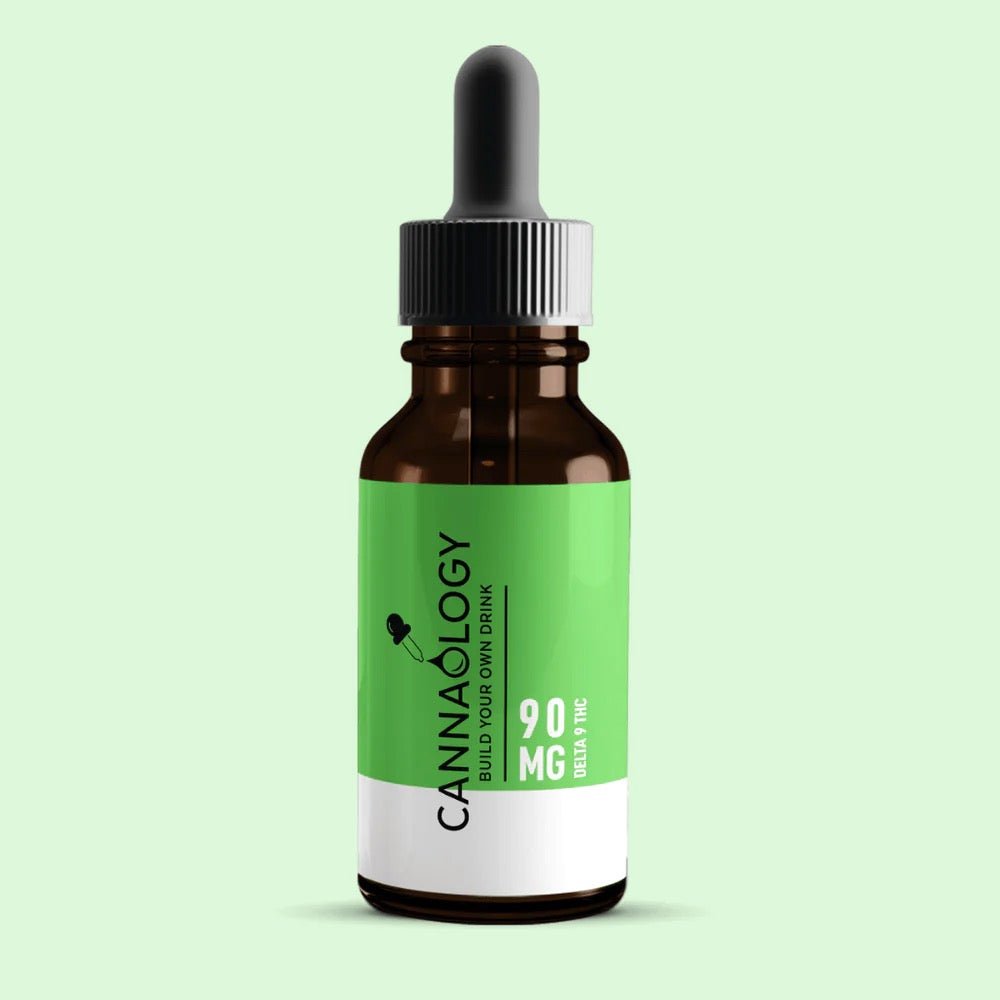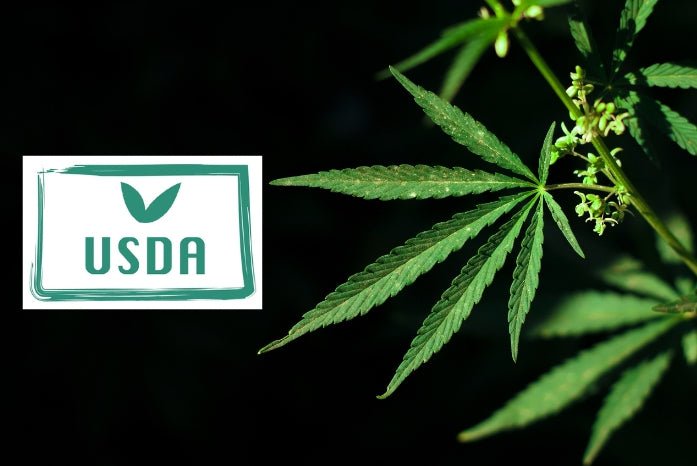Citing a long list of issues, the global hemp organization views the altered cultivars as potentially destabilizing forces in the overall industry.

One of the more impressive and essential aspects of human development over the millennia has been the revolutionary advancements provided by scientific study and research development. From harnessing the power of fire to the invention of the wheel and printing press, human beings are constantly pushing the edges of science to create a better, safer, and more interesting experience for the planet's inhabitants.
In recent years, one of those scientific developments, genetically modified plants, has become a somewhat controversial topic for agricultural researchers, farmers, lawmakers, and consumers to wrap their collective minds around. For many, using genetically manipulated plants, fruits, and vegetables is cause for great concern.
While certain advantages are provided by using genetically modified organisms (GMOs), such as combating pests and insects, surviving drought and blight, and improving food's nutritional value, flavor, and appearance, there are also significant issues associated with growing and consuming genetically altered foods, including allergy triggers, increased risk of certain types of cancers, and other environmental and health concerns.
As a result, whenever the topic of increasing the proliferation of GMOs comes up, an opposing camp almost always waves a flag of caution concerning the potential impact such a change may produce. The hemp industry is just the latest agricultural market sector to try and tackle the tricky issue of genetically altered products.
This past October, the U.S. Department of Agriculture (USDA) announced its approval of a new hemp plant genetically altered to produce lower levels of the cannabinoids THC and cannabichromene (CBC). Growing Together Research, a biotechnology firm headquartered in Fort Wayne, Indiana, developed the new strain. In a press release announcing the breakthrough, the company said it had successfully achieved "the first known stable transformation and regeneration of multiple THC-free hemp cultivars."
This latest scientific achievement is substantial for many hemp advocates and stakeholders, allowing for potential economic and agricultural growth avenues for the still young and burgeoning market. However, for others, the news is cause for alarm.
According to numerous media outlets, the Federation of International Hemp Organizations (FIHO) is calling for a moratorium on cultivating genetically manipulated hemp and marijuana strains.
In its announcement urging a halt to all genetically altered cultivation, FIHO provided a long list of problems associated with artificially modifying hemp and cannabis varieties in the lab, warning that it could lead to a global destabilization of the international hemp market. Some of those concerns include:
- Cross-pollination of GE/GM hemp with standard hemp varieties can introduce unintended traits to other cannabis crops.
- Large-scale cultivation of GE/GM hemp can reduce the genetic diversity in hemp species, making hemp more vulnerable to pests and disease.
- Pests and diseases can grow resistant to genetically modified crops, requiring additional pesticides or alternative pest control methods.
- Altered hemp plants may impact local ecosystems, causing unintentional harm to beneficial organisms like pollinators and natural predators of pests that depend on hemp as a food source.
- GE/GM hemp plants may also disrupt ecological relationships, impacting nutrient cycling and negatively affecting soil health, which are crucial for agricultural sustainability.
"Like other crops, GE/GM ("genetically engineered"/"genetically modified") hemp comes with identified and unidentified risks and concerns. It is essential to identify and compare these risks to the intended benefits and address them before considering the commercial cultivation and use of GE/GM hemp," the Federation said.
"Like other crops, GE/GM ("genetically engineered"/"genetically modified") hemp comes with identified and unidentified risks and concerns. It is essential to identify and compare these risks to the intended benefits and address them before considering the commercial cultivation and use of GE/GM hemp."
- Federation of International Hemp Organizations (FIHO)
The problem with GE/GM crops and GMO foods altogether is that there is no global consensus on what constitutes a GE/GM plant or foods containing GMOs. Each jurisdiction has its unique definitions and standards for genetically altered organisms. Because of that wide variation, there can be substantial risk regarding the international trade of those agricultural products. FIHO believes national regulators should handle the matter across the globe.
As the hemp plant continues to expand its economic reach around the world, issues like how to handle genetically altered varietals are inevitable. However, with the new Farm Bill still not reworked, revised, and renewed yet and attacks coming from multiple state legislatures concerning the legality of specific hemp-derived cannabinoids, the idea of focusing on GMO versions of hemp seems a bit premature and unwarranted.
FIHO's call for a pause may be the most advisable course of action in the short term. However, GMOs are here to stay, and the hemp industry will have to adapt and adjust to that reality sooner rather than later.







































